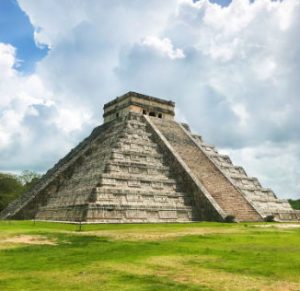The International Day of Tolerance, observed on November 16 every year, is the United Nations’ attempt to create public awareness of the dangers of intolerance. The idea was to promote tolerance and mutual understanding among cultures and peoples and to ensure that people are aware of the negative outcomes of intolerance.
Also Read | Nearly 200 nations compromise on coal to strike UN climate agreement
History
As a tribute to Mahatma Gandhi on his 125th birth anniversary, the United Nations declared 1995 the Year for Tolerance and UNESCO formulated the Declaration of Principles on Tolerance in the same year to define and provide awareness of tolerance for any and all governing and participating bodies.
Various conferences and festivals are organized on this day to promote the spirit of tolerance among people and cultures. UNESCO introduced the Madanjeet Singh Prize to recognize and honor individuals who facilitate the promotion of the spirit of tolerance and non-violence through their activities in the scientific, artistic, cultural, or communication fields.
Also Read | COP26: Key takeaways from the new UN climate deal
Significance
The International Day of Tolerance promotes broad-mindedness and listening. The 1995 declaration says tolerance is nothing but acceptance, respect, and appreciation of various people, cultures, and social-economic groups. The day also promotes Mahatma Gandhi’s idea of non-violence and peace. The cause is meant to bring acceptance for diversity in cultures and the beauty in distinct opinions, races, beliefs, and ideas. It promotes equality, freedom, and emphasizes the fact that tolerance is the need of the hour.
Also Read | UN chief says global warming goal on ‘life support’
To observe International Day for Tolerance
We can hold discussions or debates on various topics in order to glean new opinions and perspectives.
Read about different communities, cultures, and nations to break stereotypes and false assumptions.
John F Kennedy said tolerance implies no lack of commitment to one’s own beliefs. Rather it condemns the oppression or persecution of others.





